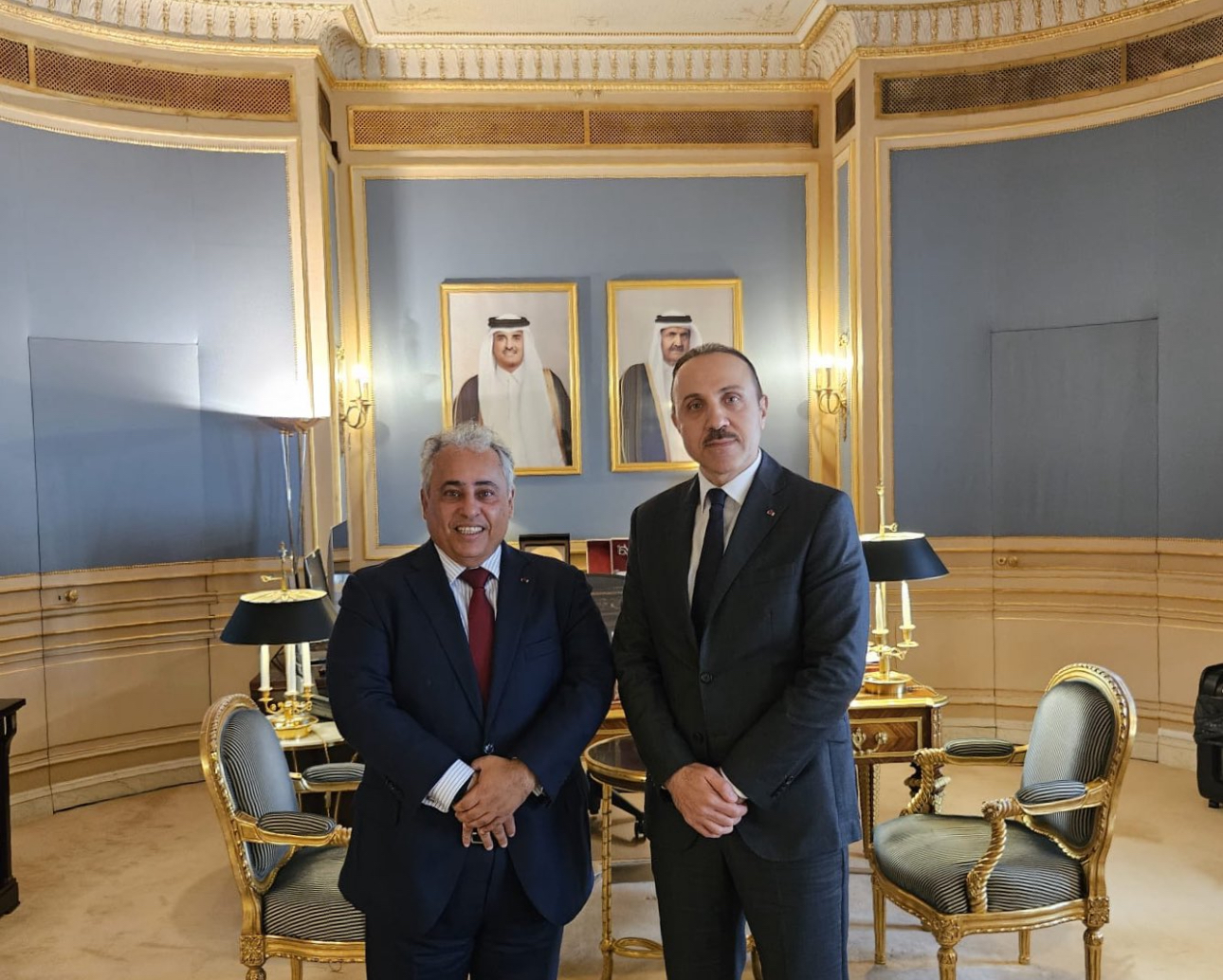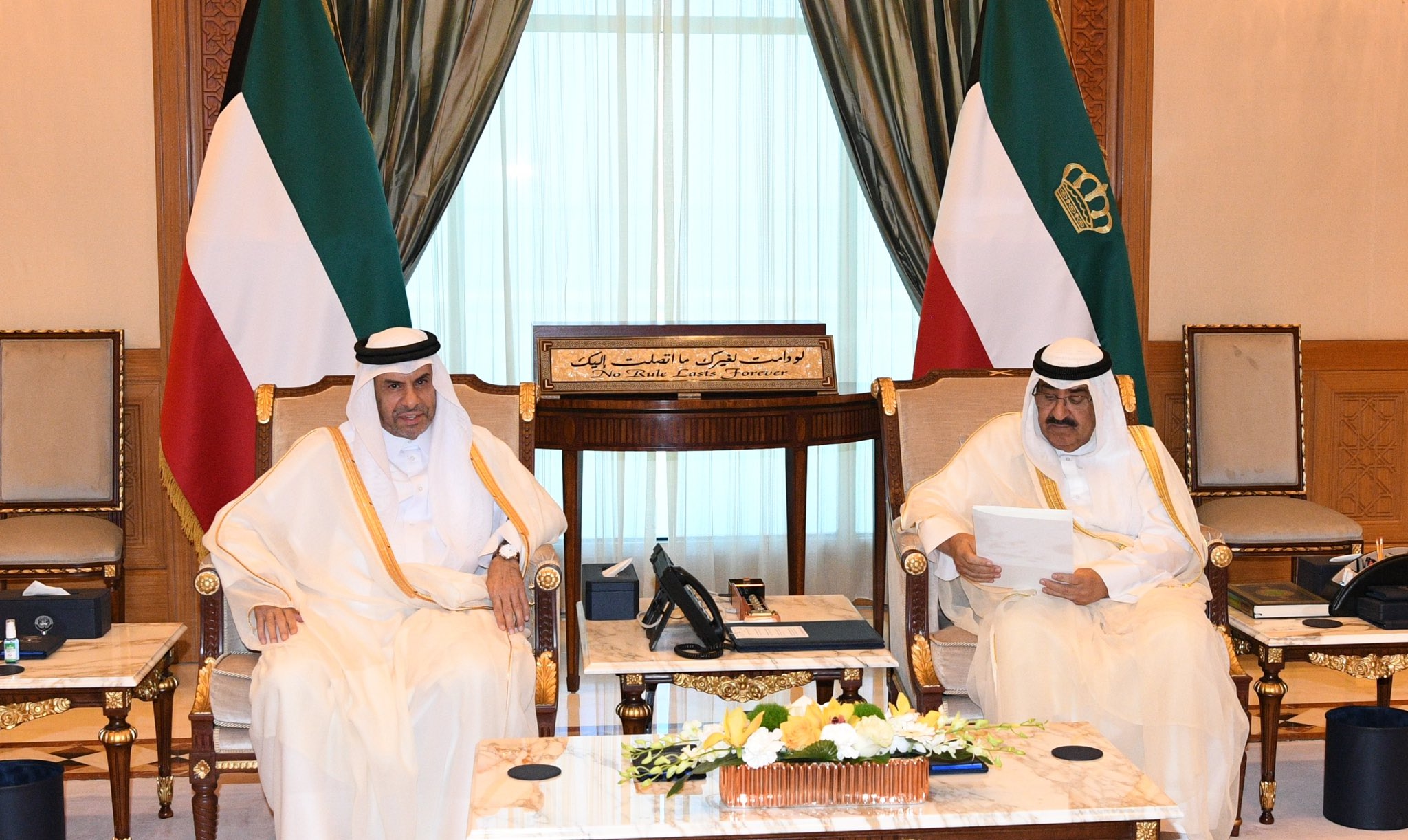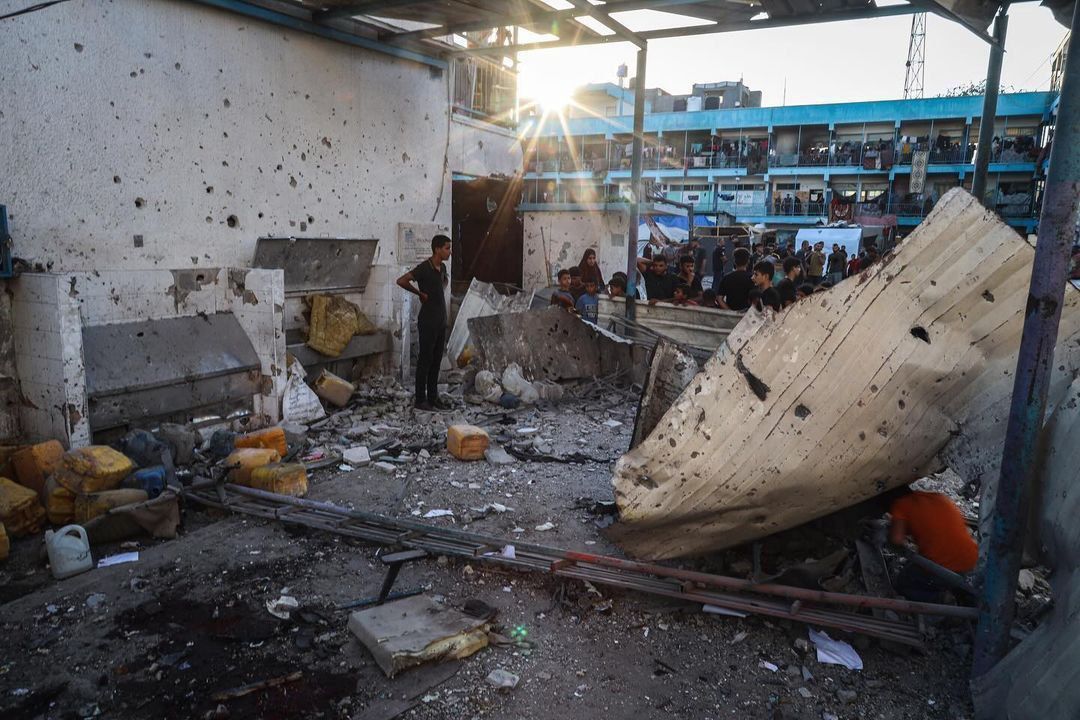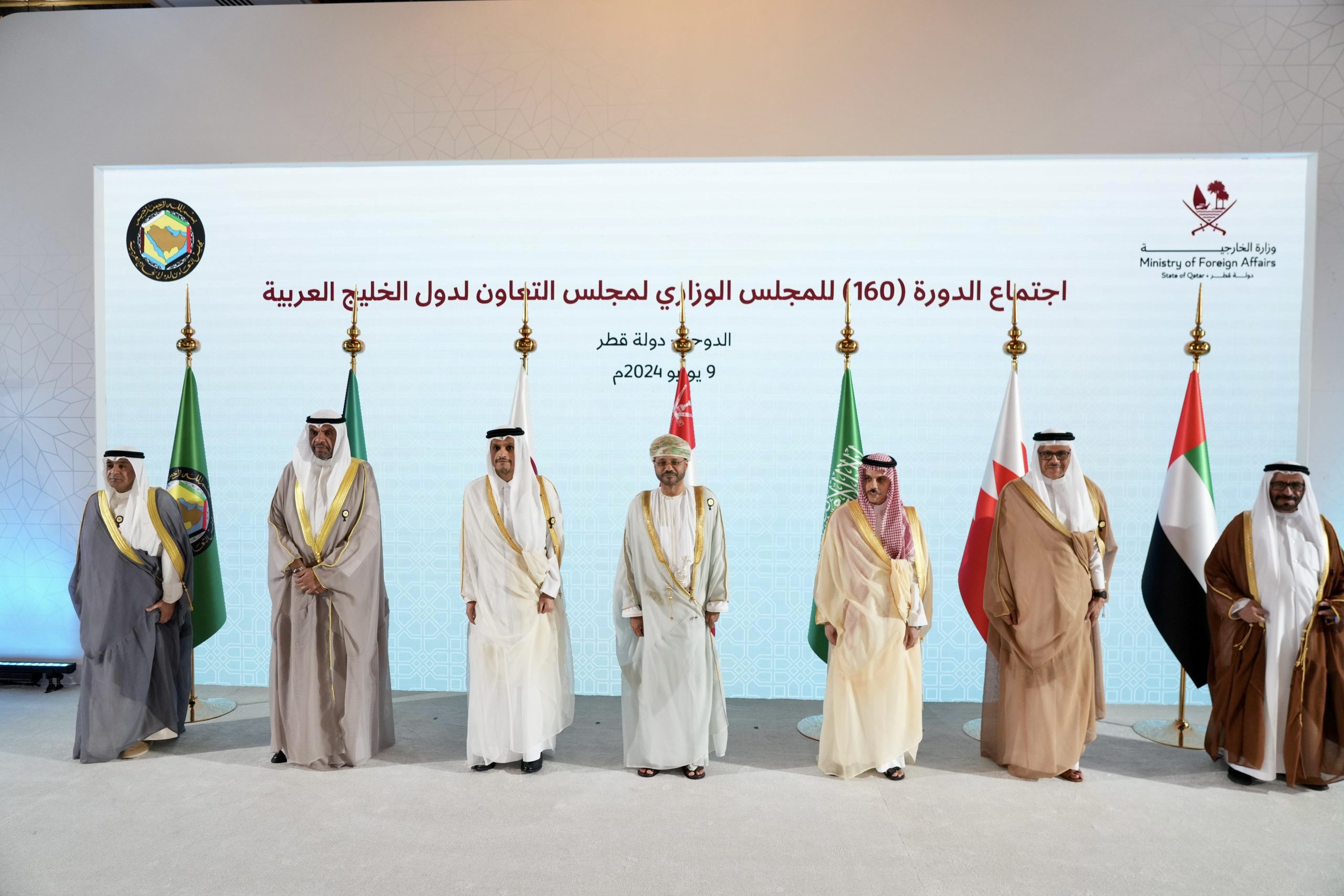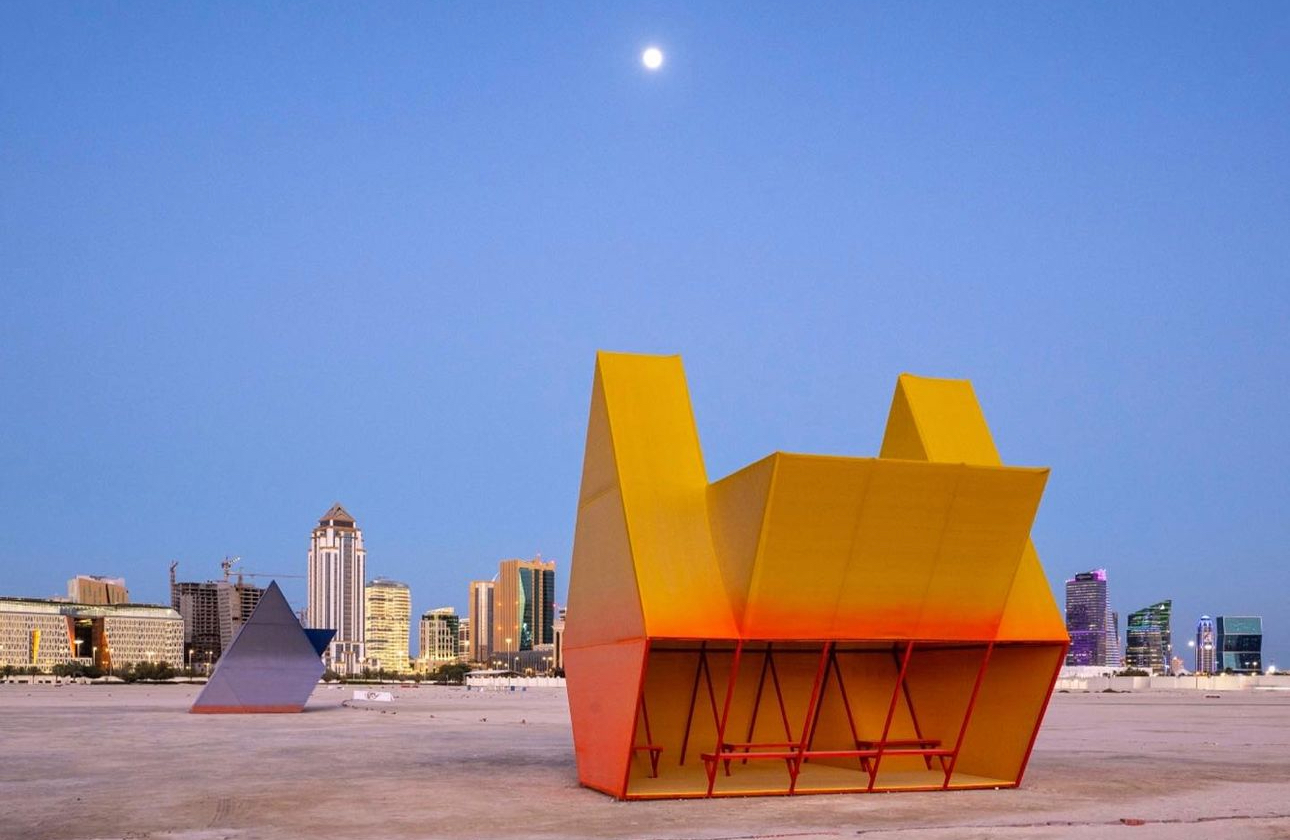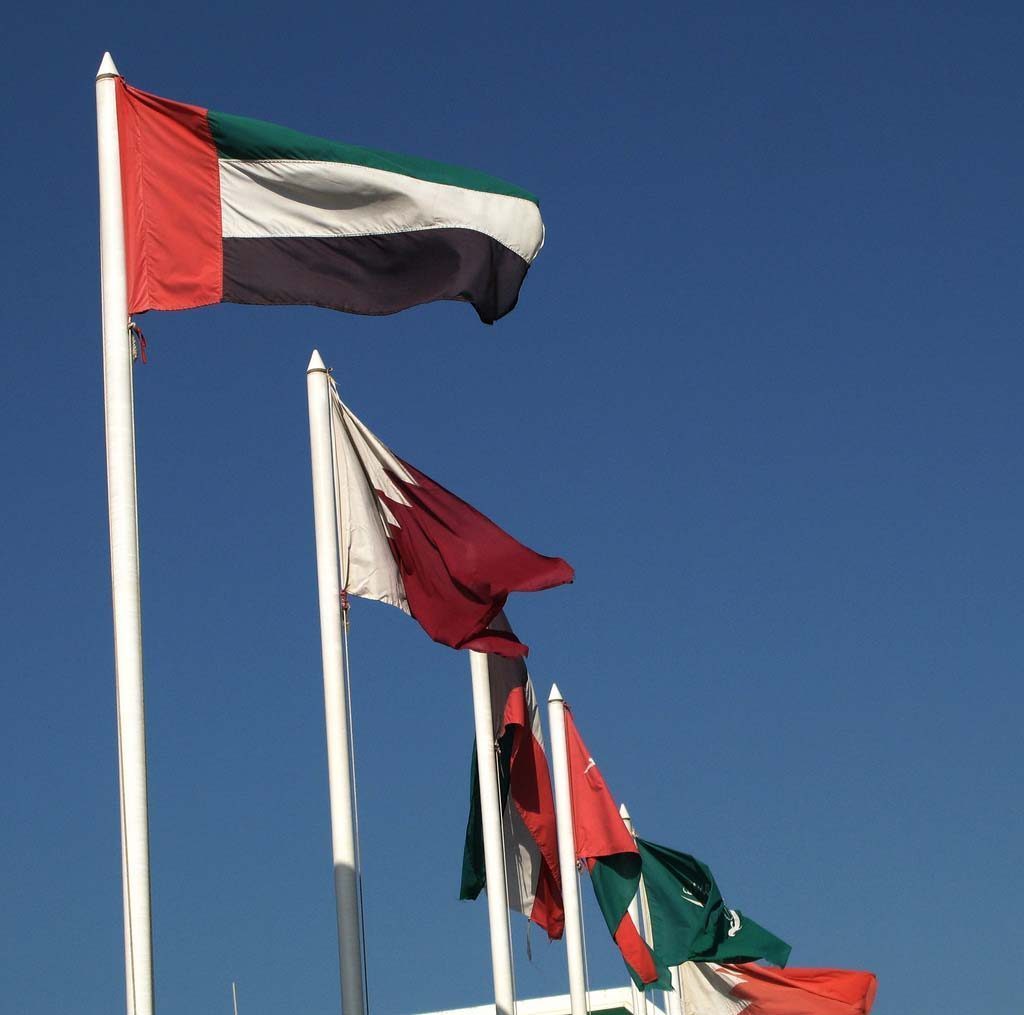
Kuwait’s foreign minister has suggested that Gulf Cooperation Council (GCC) members are prepared to put a spat surrounding Qatar’s foreign policy in the past as the bloc focuses on responding to the threat posed by terrorist groups fighting in Syria and Iraq.
In a statement released following a meeting of GCC foreign ministers in Jeddah on Saturday, Kuwaiti minister Sheikh Sabah Al-Khaled Al-Hamad Al-Sabah said member countries “are keen on getting rid of all differences” and that the ambassadors from Bahrain, Saudi Arabia and the UAE could return to Doha at “any time.”
However, no officials from any of those three countries – which withdrew their top diplomats from Qatar in March in a public rebuke of Doha’s foreign policies – appear to have made any public mention of the dispute or the possibility of their envoys returning to Doha.
Their spat is believed to specifically revolve around Qatar’s ongoing support for the Muslim Brotherhood – an organization other GCC states, specifically Saudi Arabia and the UAE, fear threatens their authority.
Qatar has close ties to the Muslim Brotherhood and supported the organization’s former president in Egypt, Mohammed Morsi, who was disposed by the military. That position put it offside with the UAE and Saudi Arabia, both of which support the current government.
Qatar broadcaster Al Jazeera has also been accused by some of having a pro-Muslim Brotherhood slant in its editorial coverage.
Qatar responded that the independence of its foreign policy “is simply non-negotiable.”
While symbolically embarrassing, observers note the dispute has so far had little impact. Trade within the bloc continued, and GCC nationals remained able to travel to other member countries unhindered.
While a deal was officially reached to end the spat in April, tensions have continued to simmer in recent months. Three Saudi princes traveled to Doha last week ahead of the GCC meeting in a visit that was widely interpreted to be an effort to mend relations.
That visit came on the heels of a report in a Kuwait newspaper that said Saudi Arabia had compiled a list of violations by Qatar of an agreement that bars GCC members from meddling in each other’s internal affairs, according to Reuters.
While that prompted some to speculate that the GCC rift was widening, Oman’s foreign minister, Yusuf bin Alawi bin Abdullah, said after this weekend’s meeting that “The crisis in the Gulf has been resolved,” according to an AFP report.
Islamic State stance
The official communique of the meeting made no mention of the GCC quarrel, but contained a long list of resolutions, including several denouncing “terrorism and extremism in all its forms” and welcomed UN Security Council resolutions condemning Al Nusra Front and the self-proclaimed Islamic State.
“We denounce vehemently the practices of those who use Islam as a pretext to kill and displace en masse Iraqis and Syrians,” Al-Sabah, Kuwait’s foreign minister, was quoted as saying.
According to one analyst, the GCC was under pressure from its western allies to take a strong public stance against IS.
“There is quite a deep sense of frustration that the GCC has only, in late 2014, started to talk about threat of ISIS,” Michael Stephens, a researcher at Royal United Services Institute Qatar, told Doha News ahead of the weekend’s meeting.
On Thursday, US president Barack Obama called on countries in the region to contribute to the fight against IS:
“In order for us to degrade (IS) over the long term, we’re going to have to build a regional strategy. Now, we’re not going to do that alone. We’re going to have to do that with other partners. … It’s also an issue that involves all the Sunni states in the region and Sunni leadership recognizing this cancer that has developed is one that they have to be just as invested in defeating (IS) as we are,” he said, according to a transcript of his statement published by the Washington Post.
Stephens said that with US and UK forces engaged in regional stabilization operations in Iraq, the GCC members need to take action.
“If the GCC is not willing to invest in the region’s security … western countries are going to say the GCC isn’t to be taken seriously,” he added, suggesting the GCC would have lost credibility among its allies if Saturday’s meeting had focused on Qatar at the expense of IS.
Thoughts?


